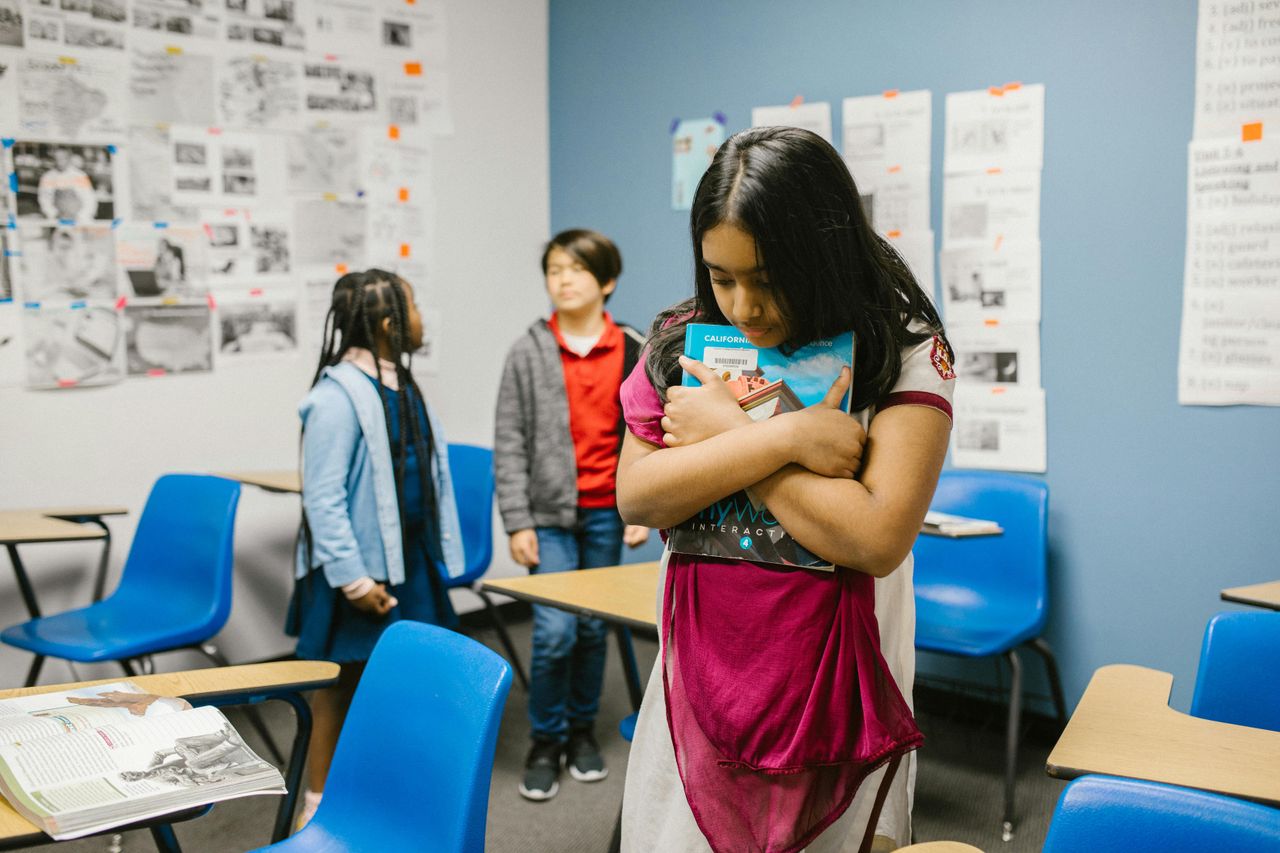
The NY Times published an intriguing story recently about how students' family backgrounds and parenting history play into how "successful" they become as adults. The article details the release of a recent book by Robert Caplan, "Selfish Reasons to Have More Kids: Why Being a Great Parent is Less Work and More Fun Than You Think", which is a response to the rigorous tirade on proper parenting issued by Amy Chua earlier this year.
Caplan's argument poses an interesting counterpoint to the example set forth by Tiger Mothers everywhere. According to his text, parents' behavior has no effect whatsoever on how children turn out - the key is to give them the right tools: education, extra-curriculars, a stocked fridge - and let them take what they can from these factors. Go get a back massage, moms and dads, says Caplan, as your everyday parenting efforts simply don't matter. That is, assuming you can afford a trip to the spa - the book mostly caters to inhabitants of white suburbia, largely ignoring kids growing up in low-income areas and weakening the overall argument, to say the least.
And that's precisely the issue with the education debate in news headlines today. In determining what's most important for students, rigorous violin practice or a school trip to Venice, parents and education specialists are missing the point. The children who are in dire need of attentive parenting are those on the sidelines, in low-income households, in impoverished neighborhoods. These kids often lack at least one parent, not to mention the luxury of agonizing over whether piano or soccer is the extra-curricular that will get them into an Ivy. It's time that educators took a step back and re-evaluated the arguments soaring above our heads. Instead of intellectualizing education and parenting strategies, let's give them to those who really need 'em.







2 comments:
This is a great point that bears repeating time and time again. Education policy, and research frequently suffer from failing to look at the "invisible" class of millions of impoverished Americans who don't have the means to get by day-to-day, who have to sacrifice not extra-curriculars, but life needs.
It's ironic we ignore the poor, of course, because our public education system actually does a pretty good job with the wealthy and the middle class. Education in America is "broken," in the end, because it fails to create equal opportunity, unjustly punishing impoverished children simply because they are poor.
Thanks for the post.
I would like to take the liberty of carrying this argument further into another one about arts vs science education. Science and Technology should the foundation of education for the lower income neighborhoods in the US. That is the only way to achieve social mobility. That is where the jobs are and there is nothing more important than jobs and income to bring stability and progress to these neighborhoods. Not to say that arts should be neglected, a more complete humanities and arts education along with a more interactive method of education in general is probably what will help keep us competitive with the large number of graduates generated by the purely numbers driven approach used in Asia.
Post a Comment